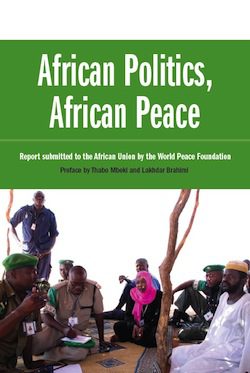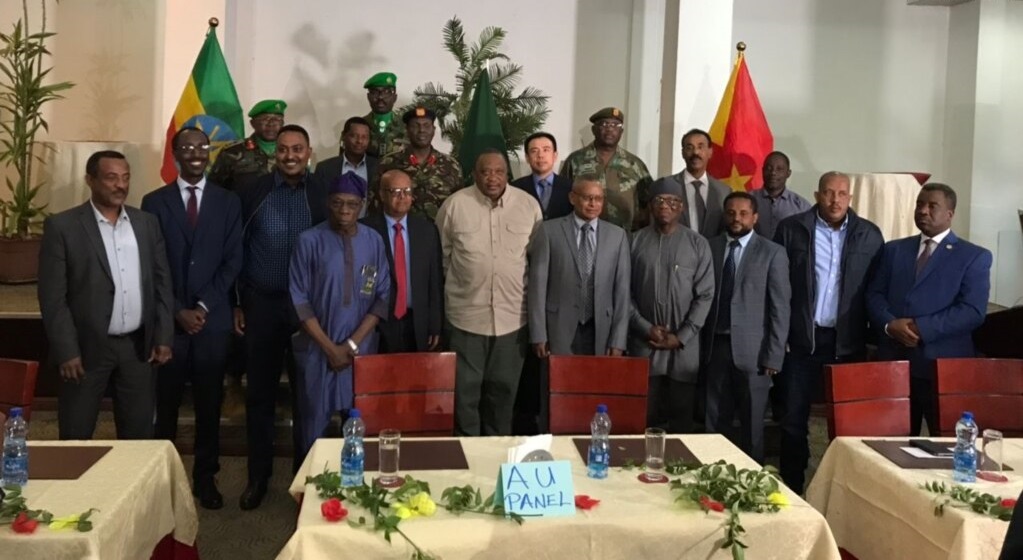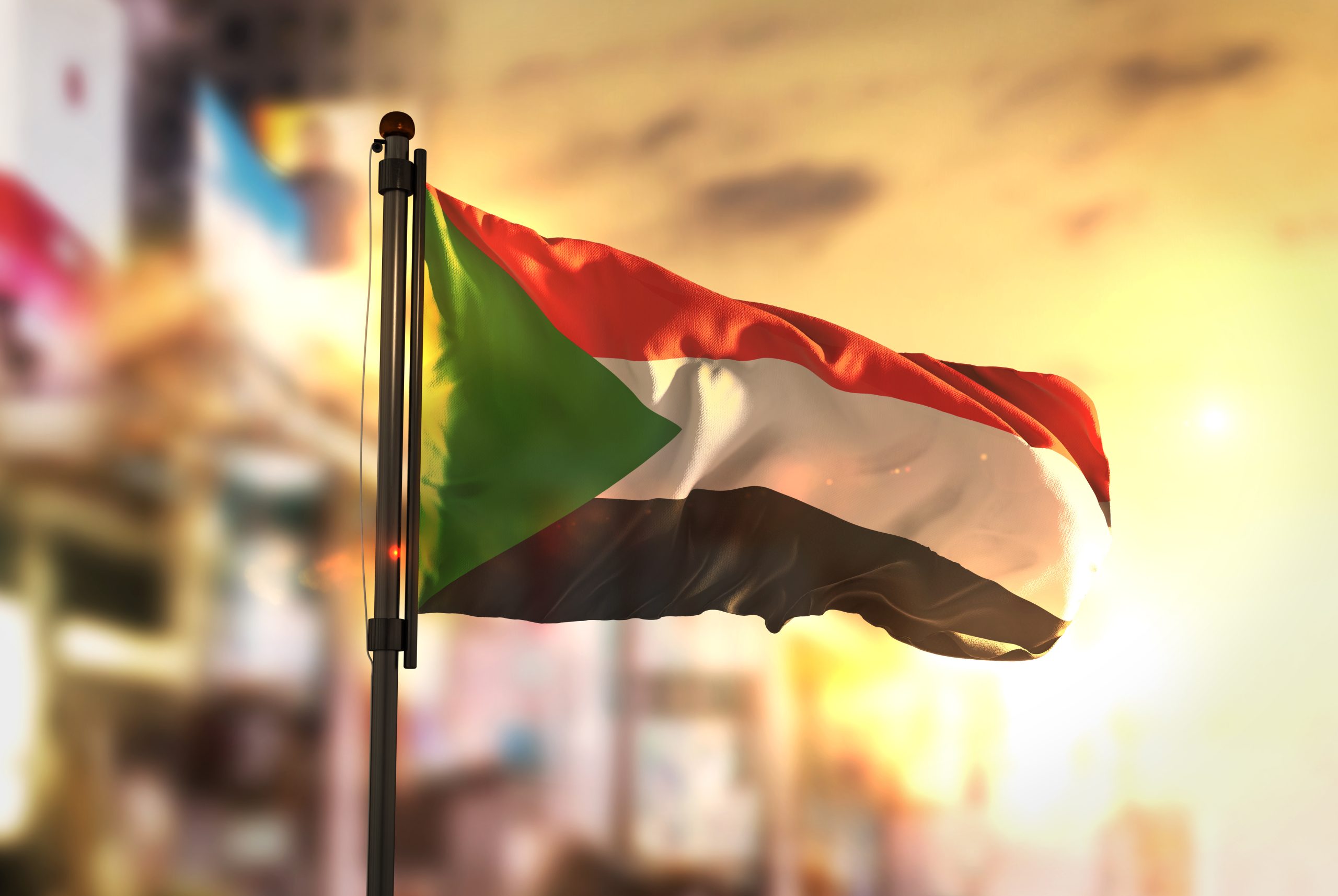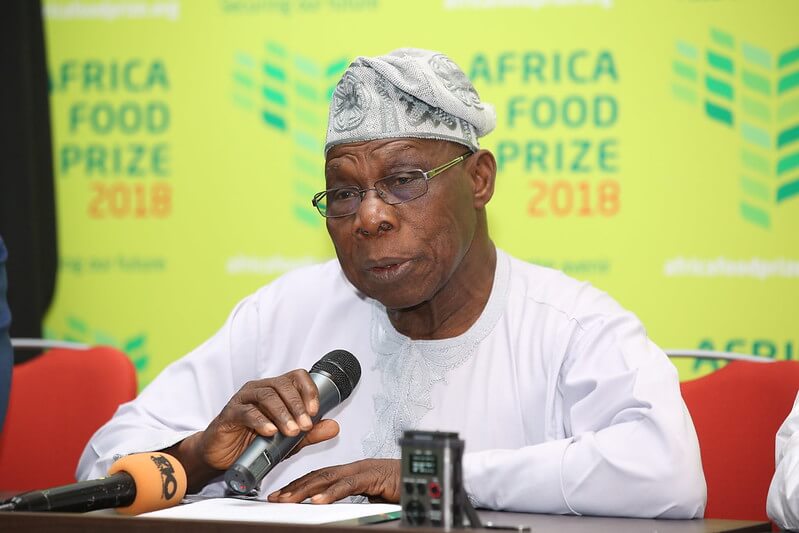A new journal article by Allard Duursma is now available through International Peacekeeping. The essay, ‘Partnering to make peace: The effect of joint African and non-African mediation efforts’ was partially developed for the WPF report, ‘African Politics, African Peace.’
Abstract:
This article systematically examines the varying effectiveness of African and non-African third parties in mediating civil wars in Africa. Drawing on data from the Uppsala Conflict Data Program, supplemented with unique data on mediation efforts, which together cover all mediation efforts in civil wars in Africa between 1960 and 2012, this article presents quantitative evidence supporting the effectiveness of African third parties. Compared to non-African third parties, African third parties are far more likely to conclude peace agreements and these peace agreements are more likely to be durable. Most effective, however, are mixed mediation efforts in which there is coordination between African and non-African third parties, but in which African third parties take the lead. The phrase, ‘African solutions to African challenges’ should thus be understood as a division of labour and responsibilities, rather than an excuse for non-African third parties to ignore Africa’s problems or African third parties acting on their own. Indeed, whilst African third parties should take the lead in mediation processes in African civil wars, non-African third parties should support these processes by lending additional strength. Through supplementing each other’s comparative advantages, African and non-African third parties can more effectively resolve civil wars in Africa.
From the conclusion:
The statistical analyses suggest that African third parties outperform non-African third parties in terms of concluding peace agreements. In 2011, the AU Commission Chairperson Jean Ping pointed out that:
Lasting peace on the continent can only be achieved if efforts to that end are based on the full involvement of Africa and a recognition of its leadership role because, as stressed by the Summit in August 2009, without such a role, there will be no ownership and sustainability; because we understand the problems far better; because we know which solutions will work, and because, fundamentally, these problems are ours, and our peoples will live with their consequences.60
The statistical analyses employed in this article supports this statement. African third parties are generally more effective in resolving civil wars in Africa than non-African third parties.
However, a major caveat regarding the finding that African third parties outperform non-African third parties is that that the involvement of a biased African third party in mediation processes has a negative and statistically significant effect on mediation success. Since conflicts in Africa have strong regional dimensions, African states have frequently openly supported incumbent governments or have provided covert support to rebel parties prior or simultaneously to their mediation attempt. The statistical analysis employed in this article suggests that the involvement of biased African third parties that are supporting or have supported one of the conflict parties undermines the prospects for mediation success.
In terms of theory development, the findings in this article suggest that ideational factors influence the effectiveness of a third party. A capacity-based perspective of mediation success cannot adequately explain why African third parties, which often face resource constraints, are more effective in mediating civil wars in Africa than non-African third parties. Future research should be devoted to examining why and how third-party legitimacy matters.
Finally, whilst mediation by African third parties is more effective than non-African mediation, most effective are mixed mediation efforts in which African and non-African third parties mediate jointly. Particularly effective are mixed mediation efforts in which there is coordination between African and non-African third parties, but in which African third parties take the lead. The phrase, ‘African solutions to African challenges’ should be understood as a division of labour and responsibilities, rather than an excuse for non-African third parties to ignore Africa’s problems or African third parties acting on their own. Indeed, whilst African third parties should take the lead in mediation processes in African armed conflicts, non-African third parties should support these processes by lending additional strength. Through supplementing each other’s comparative advantages legitimacy-based and capacity-based mediation, respectively, African and non-African third parties can more effectively resolve civil wars in Africa.
The full essay is available here.



